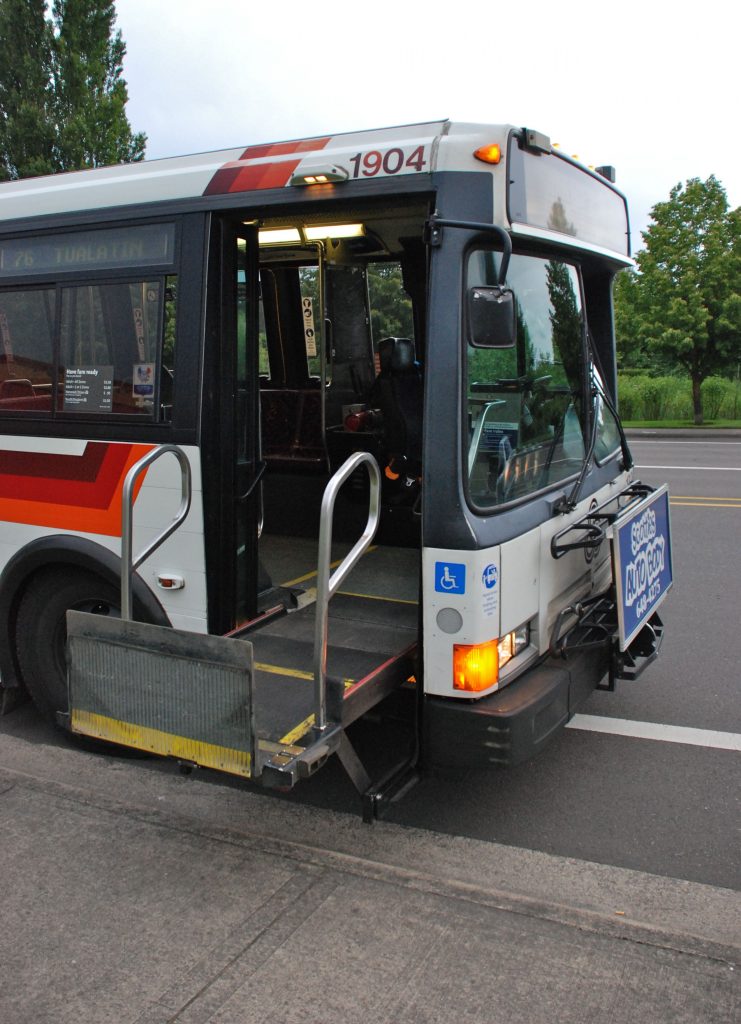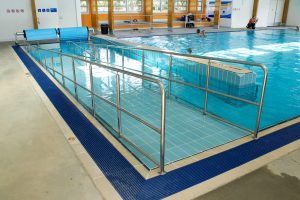NYC Public Accommodations Must Abide by the Law

NYC public accommodations are covered by the NYC Commission on Human Rights. The Commission also protects people from discrimination in public spaces with the NYC Human Rights Law (NYCHRL). Additionally, a public accommodation can be anyone who offers goods and services to the public. This article will reveal the protected classes under the Law. It will also explore some of the Law’s requirements and violations that cover NYC public accommodations.
Protected Classes Under the Law

It is illegal for NYC public accommodations to deny goods or services based on the following classes:
- – sexual orientation
- – race
- – nationality
- – gender identity
- – disability
- – citizenship
- – religion
- – pregnancy
- – marital or partnership status
- – gender
- – age
Examples of NYC Public Accommodations
- – public transportation
- – restaurants
- – hotels
- – hair salons
- – medical offices
- – stores
Public Spaces and Disabled People
Many disabled people need help accessing public spaces as well as using public services. The Law requires that providers make reasonable accommodations to allow access and services to the public. Furthermore, reasonable accommodation may require a change in structure. This can include building a ramp or making handicap parking spaces. Accommodation can also include a change in policy–like allowing service dogs to accompany disabled people into a building.
Transportation and Shopping Violations
It is against the Law for public transportation drivers to discriminate against people. This discrimination can be based on any of the classes under the Law. Additionally, people who have been discriminated against can file a complaint with the Commission on Human Rights. They can also contact the Taxi and Limousine Commission by calling 311 or (212) NEW-YORK. It is important to note the following if you are making a complaint:
- – the driver’s medallion number
- – name
- – license number
- – date
- – location
- – time
You could also ask for the receipt because it could help support your complaint.
It is illegal for shop employees to deny access or refuse to serve a person because of their membership in a protected class. It is also important to point out that shop employees are allowed to inspect bags. They are allowed to check bags at the door and supervise in-store behavior as well. Many employees must act in these ways in order to prevent theft. It is against the Law, however, to supervise guests because of a protected class
